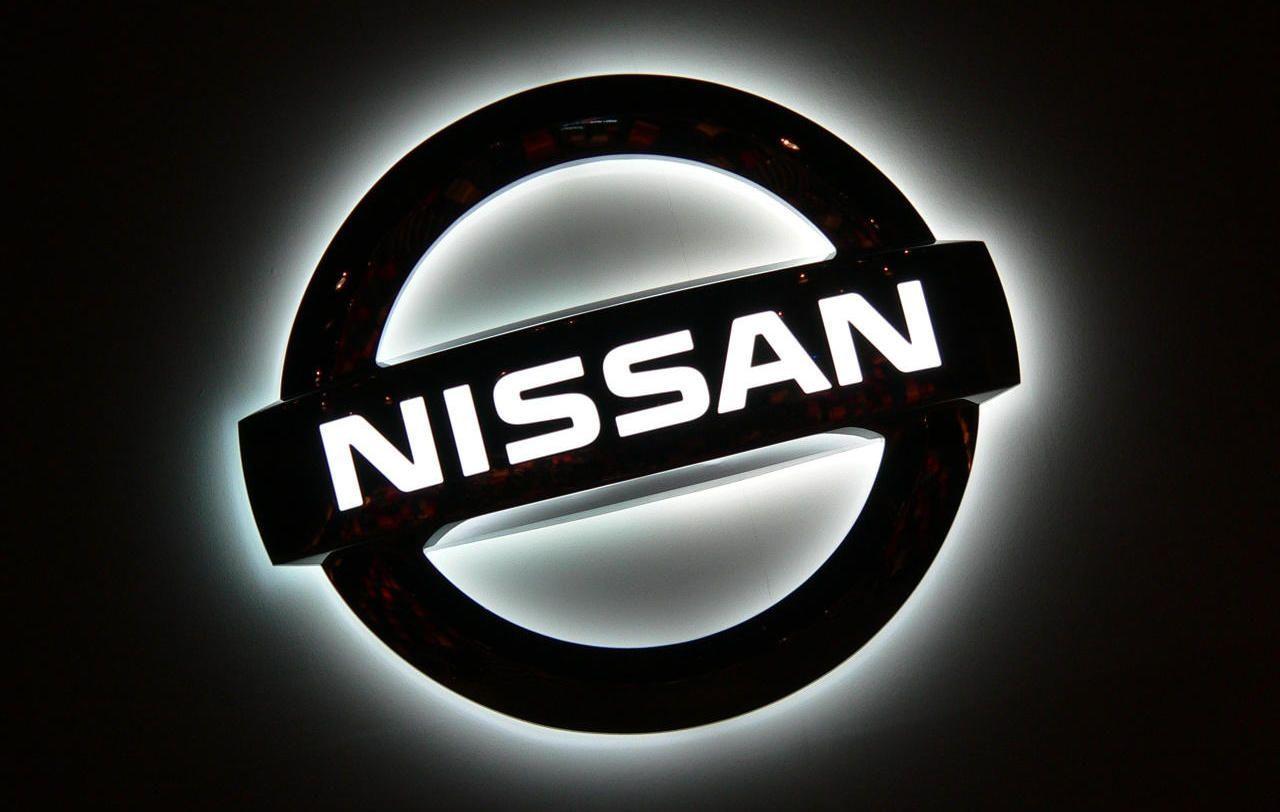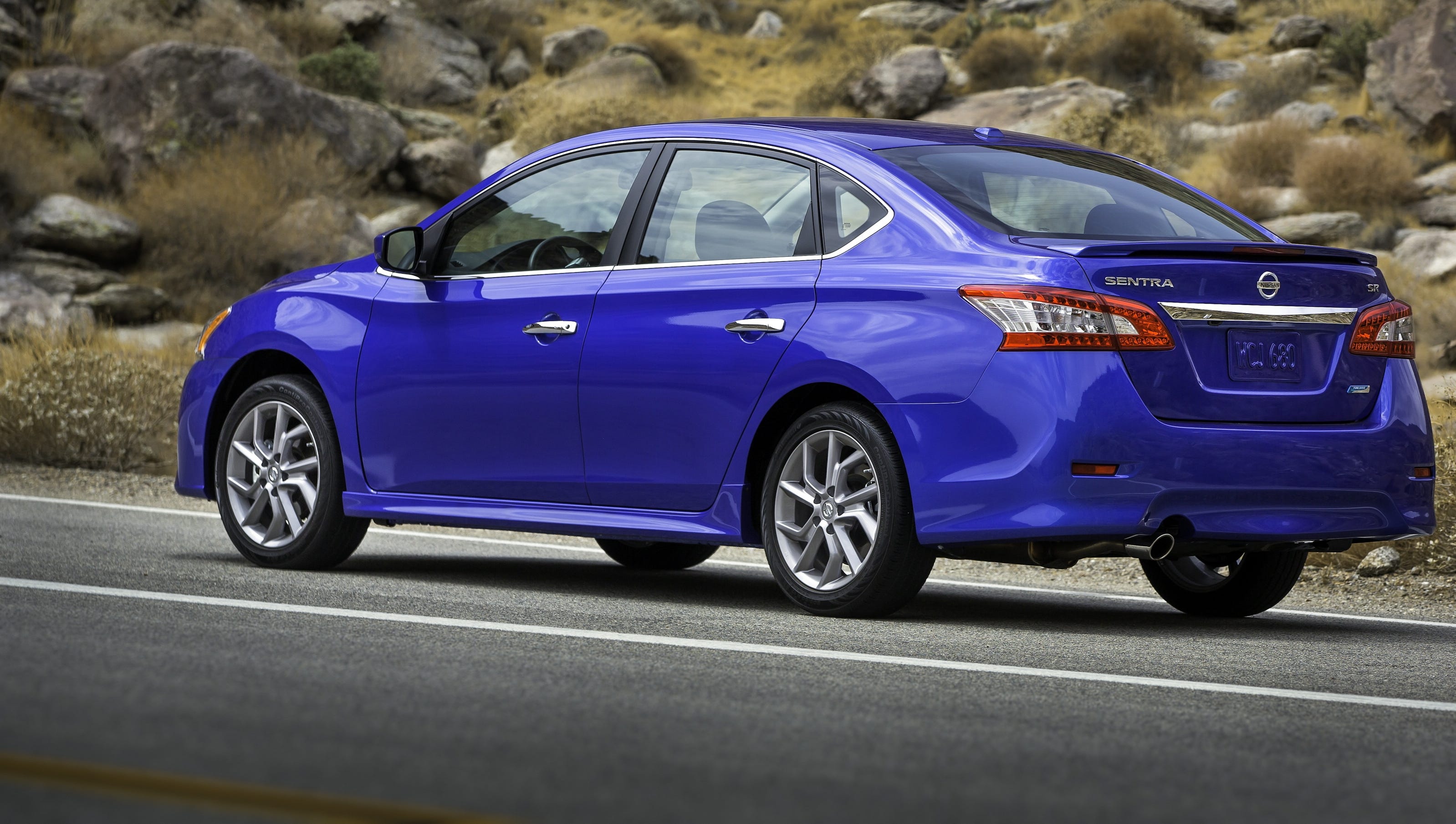Safety Alert: Nissan Recalls 230,000 Vehicles in the US Due to Risk of Steering Control Loss

Safety Alert: Nissan Recalls 230,000 Vehicles in the US Due to Risk of Steering Control Loss
Japanese automaker Nissan has initiated a recall of over 236,000 small cars in the United States due to a potential safety issue that could result in a loss of steering control. The recall was prompted by the possibility of a bent tie rod breaking, which can lead to a loss of control over the steering mechanism. This safety concern raises the risk of a collision occurring.
The recall notice was issued following a notice posted by the National Highway Traffic Safety Administration (NHTSA). The potential hazard lies in the tie rod, which plays a critical role in connecting the steering gearbox to the wheels. If this component becomes bent and subsequently breaks, it can compromise the driver’s ability to steer the vehicle effectively, increasing the likelihood of accidents.
Nissan’s proactive response in issuing the recall highlights its commitment to ensuring the safety of its customers and the general public. By identifying and addressing potential safety issues promptly, automakers aim to prevent accidents and uphold the well-being of their consumers on the road.

The recall pertains to specific models of the Nissan Sentra compact cars manufactured between the years 2020 and 2022. In this range of vehicles, the tie rods, which are vital components of the steering system, have been identified as having a potential issue that could compromise steering control. Tie rods play a crucial role in facilitating the movement of the wheels, allowing for proper steering and maneuverability of the vehicle.
Given the integral role of tie rods in ensuring safe and effective steering, any compromise to their functionality can pose a significant safety risk for drivers and passengers. The recall is a proactive measure aimed at rectifying this potential issue and preventing any incidents that could result from a loss of steering control. By addressing the concern promptly, Nissan aims to uphold the safety and reliability of its vehicles while minimizing any associated risks on the road.
According to the notice issued by Nissan and the National Highway Traffic Safety Administration (NHTSA), owners of the affected vehicles are recommended to reach out to their authorized dealerships if they observe signs of an off-center steering wheel or experience unusual vibrations while driving. To address the issue promptly, dealerships will conduct an initial inspection and replace any bent or broken tie rods as an interim solution. This interim repair will be provided at no cost to the vehicle owner.

Furthermore, the notice outlines that once newly designed tie rod components become available, dealerships will proceed with replacing both the left and right tie rods in the affected vehicles. This comprehensive replacement will be carried out at no charge to the vehicle owner, ensuring that the vehicles are equipped with fully functional and safe steering components.
This approach reflects Nissan’s commitment to resolving the issue in a systematic and proactive manner, ensuring the safety and satisfaction of its customers by providing necessary repairs and replacements at no additional cost.
The notice provided additional details regarding the timeline and communication with affected vehicle owners. Interim letters are anticipated to be sent out to owners starting from October 5. These letters will likely provide initial information about the issue and the recommended course of action. A subsequent letter will be dispatched to owners once the final remedy, which includes the newly designed tie rods, becomes available.
The notice also highlights that a similar recall was conducted in 2021 to address the same issue in many of the same vehicles. It is indicated that vehicles that were repaired as part of the previous recall will also require the installation of the new tie rods when they become available as part of the current recall.

This dual-phase approach, involving interim repairs and subsequent final remedy solutions, underscores Nissan’s diligence in addressing the issue comprehensively and ensuring the long-term safety and performance of the affected vehicles. By communicating with vehicle owners and providing clear instructions, the company aims to facilitate a smooth and efficient recall process while prioritizing customer safety and satisfaction.
Earlier this month, Japanese automotive leader Toyota issued a recall for approximately 168,000 recently manufactured vehicles in the United States due to a potential fire risk. This recall specifically affects certain 2022 and 2023 model-year Toyota Tundra and Tundra Hybrid vehicles.
The recall is a precautionary measure aimed at addressing a safety concern related to the affected vehicles. Ensuring the safety of drivers, passengers, and other road users is of paramount importance to automakers, prompting them to take prompt actions to rectify any identified issues. In this case, Toyota’s decision to recall the vehicles underscores its commitment to proactive safety measures and its dedication to addressing potential hazards that could arise from certain manufacturing or design conditions.

Vehicle recalls are a critical component of the automotive industry’s efforts to maintain high safety standards and protect consumers. By promptly addressing identified issues and conducting necessary repairs, automakers demonstrate their commitment to ensuring the reliability and safety of their products.
In the recall notice, Toyota explained that the vehicles subject to the recall are equipped with a plastic fuel tube. This tube has the potential to shift and come into contact with a brake line, which could lead to friction and subsequent damage. Over time, this damage could result in a fuel leak from the plastic fuel tube. If such a fuel leak occurs in the presence of an ignition source, there is an increased risk of a fire hazard developing.
The recall notice succinctly outlines the nature of the issue and the potential consequences it poses. Toyota’s decision to issue the recall stems from its dedication to ensuring the safety and well-being of its customers. By communicating the specific details of the issue, the company aims to raise awareness among vehicle owners and encourage them to take the necessary actions to address the potential fire risk.

This proactive approach aligns with industry-wide efforts to uphold high safety standards and promptly rectify any concerns that could impact the safety of vehicles on the road.



